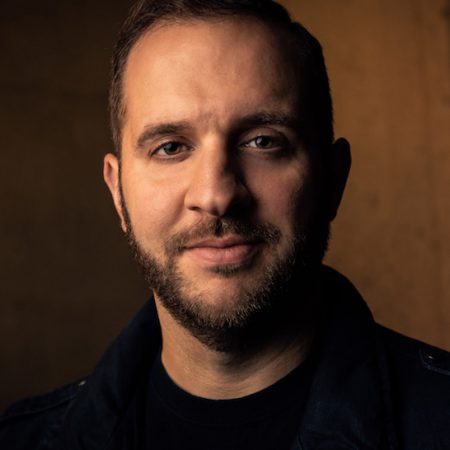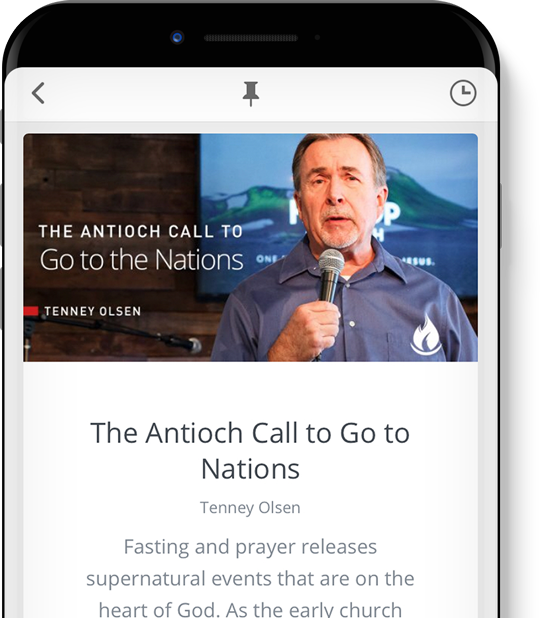This post was originally posted here. Re-posted with permission from the author.
Songs are powerful.
A man named Andrew Fletcher said it well: “Let me write the songs of a nation and I care not who makes its laws.”
As a worship leader, you’re having just as much, if not more, influence on your congregation as your pastor preaching his sermon. Stop and think about that for a second. (And go read James 3:1 and my post Worship Leaders are Teachers).
What are you teaching your congregation?
This is an important question and getting clarity on this will help shape and empower you as a worship leader.
King David didn’t just write songs to have a hobby. It was one of the main ways he impacted his nation. He would write songs for people to sing and thus he was training, challenging, and encouraging them through song.
Each and every week, you’re given a captive audience of people who, whether you’re aware of it or not, you’re training, challenging, and encouraging. Being intentional about clarifying your theological worship vision will help you partner with the Lord, your team, and your church in an even more dynamic way.

Forming a clear vision for your corporate times of worship will help you:
- Determine your goals for worship.
- Decide what kind of songs you pick (or leave out).
- Give definition to what “success” in your worship time looks like.
- Help you serve the overall vision of your church or congregation.
Answer these 7 questions to begin figuring out your theological vision for worship:
1. What kind of songs are you naturally drawn towards singing?
This is a good indication of both your personal anointing and how God will use you. Praise songs, intimacy songs, surrender songs, etc.
2. What do you want your Sunday morning worship to shape in people?
Whether you realize it or not, this is already happening, and the Spirit is moving in partnership with where you lead.
3. What’s the theme that your “top 20” list is focused on?
Do most of the songs you lead focus on yourself? The congregation as a whole? Or does it focus on God? Do you ever lead an entire set without the words “us” or “me” in it?
4. Can you find the theology of the songs you sing in the Bible?
Might sound like a strange question, but start paying attention to this. You’re not searching for mistakes, but simply paying attention.
5. What’s the corporate identity of your church?
Talk to your pastor and pray about this. You may already know the answer, you may not. I’ve led at churches where celebration and praise are the leading identities for their worship times. Knowing that is helpful so you can serve well, but also so you can maybe be intentional about including one more intimacy- focused songs to have a well-balanced diet.
6. How do you create contexts for the Spirit to come alive in your Sunday morning time?
As you’re faithful to share/sing the messages in songs, you’ll see specific expressions related to giving hope, encouraging people, sharing the gospel story, the cross, fresh surrender, etc.
7. Do you ever explore different styles or biblical themes?
Having a clear vision gives you permission to take risks, explore, and sing songs or play styles of music that may be uncomfortable or outside the box of your church’s norm.
As you continue leading, pay attention to these questions and see what you begin to find.
Maybe there’s complete ambiguity and you couldn’t even answer most of these questions. Maybe you’ve never thought about how important thinking this through can be. Wherever you find yourself, I encourage you to begin praying into this.
And to be clear, this shouldn’t just be something you come up with on your own. You can start it, and definitely help shape it, but your pastor will hopefully have a role in forming this as the primary shepherd and carrier of the vision of your church.
Visit justinrizzo.com for more worship team resources including Justin’s free e-book “10 Keys to Being a Successful Worship Leader.”
About Worship Leader Justin Rizzo

Justin was born and raised in Buffalo, New York, where he developed a passion and love for music at an early age. He began playing a variety of instruments and started leading worship at age 12. He has released five albums and been featured on multiple compilation projects along with writing and producing two full-length musicals. In addition, he travels extensively to lead worship and speak at conferences and events around the world. Justin is currently a full-time staff member at the International House of Prayer of Kansas City, Missouri, where he serves as a worship leader, songwriter, composer, and blogger.

